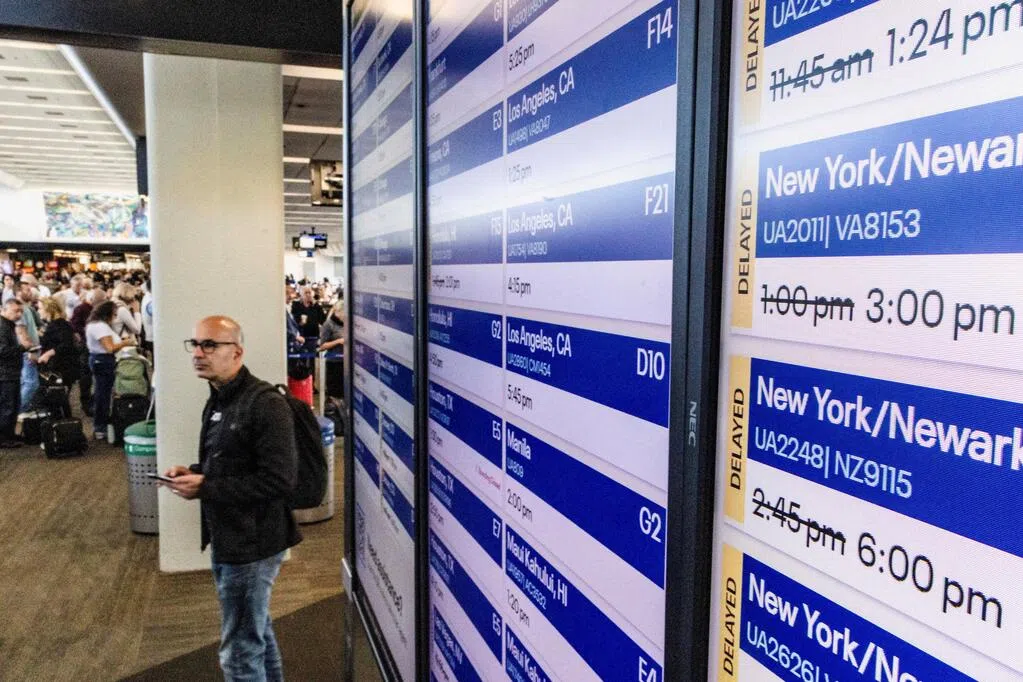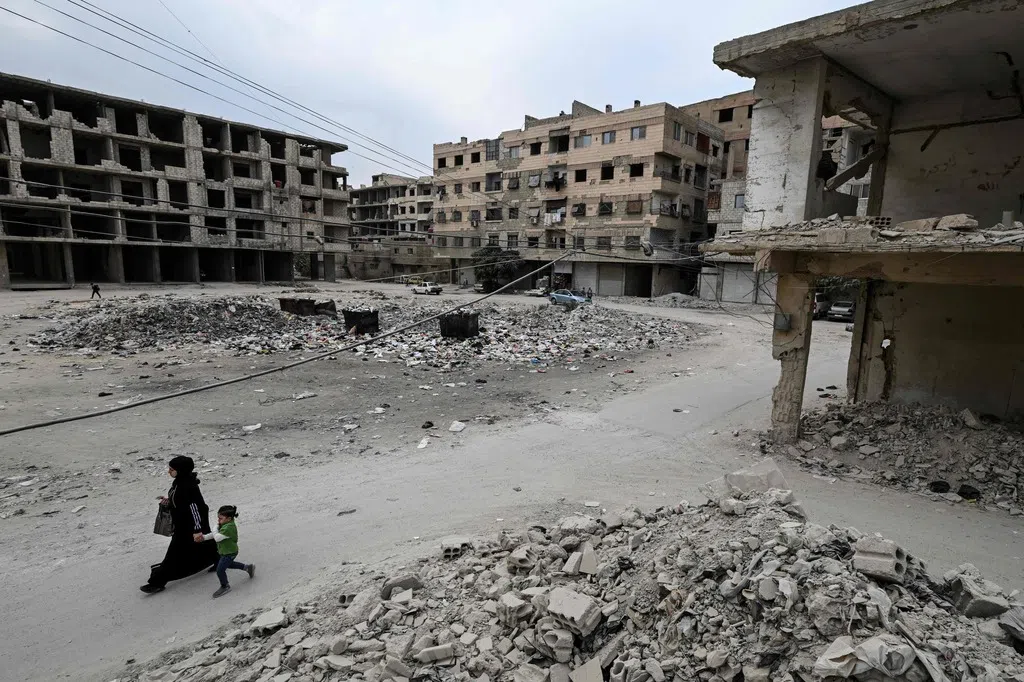(Washington, D.C.) The record-breaking U.S. federal government shutdown shows no signs of ending, and the travel difficulties caused by the crisis are worsening. With a continued shortage of air traffic controllers, thousands of flights were canceled and delayed over the weekend, posing even greater challenges to airlines' flight scheduling and planning.
The Federal Aviation Administration (FAA) said that on Saturday (November 8), 42 airport towers and other centers experienced air traffic controller shortages, leading to flight delays in at least 12 major cities, including Atlanta, Newark, San Francisco, Chicago, and New York. Flights flying over six high-traffic airspaces also faced delays.
The Department of Transportation's directive to reduce domestic flights took effect on Friday (November 7), resulting in as many as 1,025 flight cancellations and 7,000 delays in the U.S. that day. Saturday saw more than 1,500 flight cancellations and approximately 6,700 delays.
The FAA implemented ground delay plans at nine airports on Saturday, with flights at Atlanta International Airport, one of the busiest airports in the country, experiencing average delays of more than four hours.
The current US government shutdown has lasted 39 days, forcing 13,000 air traffic controllers and 50,000 security personnel to work without pay, leading to increased absenteeism.
Further Reading


Airlines officials have privately indicated that the sheer number of delays makes scheduling and planning many flights nearly impossible. Meanwhile, concerns remain about how the aviation system will function if staff shortages worsen.
According to a Department of Transportation directive, the flight reduction rate should gradually increase, reaching 6% on Tuesday (11th) and 10% on Friday. Authorities stated that air traffic controllers hold critical positions, bearing the heavy responsibility of ensuring aviation safety and on-time operations, and flight reductions would alleviate their workload.
The New York Times reported that the national flight cancellation rate was 5% on Saturday, a slight increase from the previous day. Smaller regional airlines were most severely affected, with some reporting cancellation rates of 8% to 9%.
An average of 2.5 million people pass through airport security in the United States daily, and this number is likely to rise with the holidays approaching.
Transportation Secretary Duffy recently told Fox News that if the government is unable to restore operations by Friday (14th), leading to increased air traffic controller absenteeism, the flight reduction rate may need to be increased to 20%.
The Department of Transportation stated last week that airlines must provide full refunds for canceled flights, but will not incur additional fees.
United Airlines has informed passengers that if they wish to travel during the flight reduction period and do not wish to fly, they can apply for a refund, even if their flights are not affected. Delta Air Lines will waive cancellation fees and convert the ticket price into a credit for a new ticket.
Although many passengers believe that airlines have made every effort to cope with the flight scheduling chaos, dissatisfaction continues to rise.



